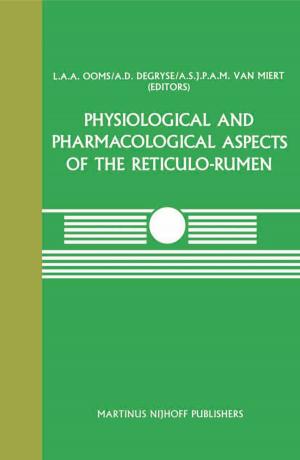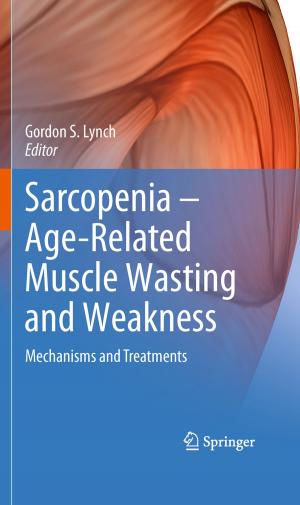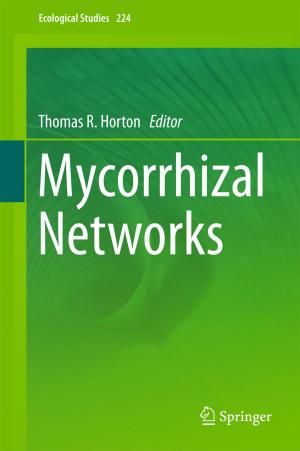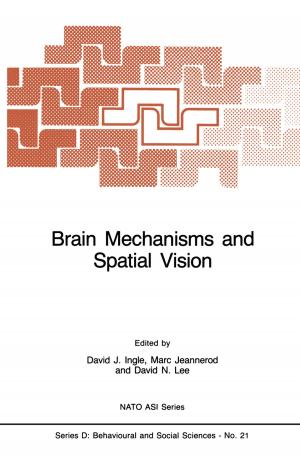Contractual Communities in the Self-Organising City
Freedom, Creativity, Subsidiarity
Nonfiction, Social & Cultural Studies, Political Science, Politics, City Planning & Urban Development, Social Science, Human Geography, Science & Nature, Nature| Author: | Grazia Brunetta, Stefano Moroni | ISBN: | 9789400728592 |
| Publisher: | Springer Netherlands | Publication: | January 5, 2012 |
| Imprint: | Springer | Language: | English |
| Author: | Grazia Brunetta, Stefano Moroni |
| ISBN: | 9789400728592 |
| Publisher: | Springer Netherlands |
| Publication: | January 5, 2012 |
| Imprint: | Springer |
| Language: | English |
Both “land-use regulation” and “territorial collective services” have traditionally been accomplished in cities through coercive efforts of public administrations. Recently, land-use regulation and collective service provision regimes have emerged within “contractual communities:” territory-based organisations (usually, but not exclusively residential) such as homeowners’ associations.
This book examines the problems and opportunities of contractual communities, avoiding both the alarmism and unwarranted apologies found in much of the literature on contractual communities.
The central notion is that cases in which coercive action by a public agency was deemed indispensable have been unjustly overstated, while the potential benefits of voluntary self-organising processes have been seriously understated. The authors propose a revised notion of the state role that allows ample leeway for contractual communities of all forms.
Both “land-use regulation” and “territorial collective services” have traditionally been accomplished in cities through coercive efforts of public administrations. Recently, land-use regulation and collective service provision regimes have emerged within “contractual communities:” territory-based organisations (usually, but not exclusively residential) such as homeowners’ associations.
This book examines the problems and opportunities of contractual communities, avoiding both the alarmism and unwarranted apologies found in much of the literature on contractual communities.
The central notion is that cases in which coercive action by a public agency was deemed indispensable have been unjustly overstated, while the potential benefits of voluntary self-organising processes have been seriously understated. The authors propose a revised notion of the state role that allows ample leeway for contractual communities of all forms.















